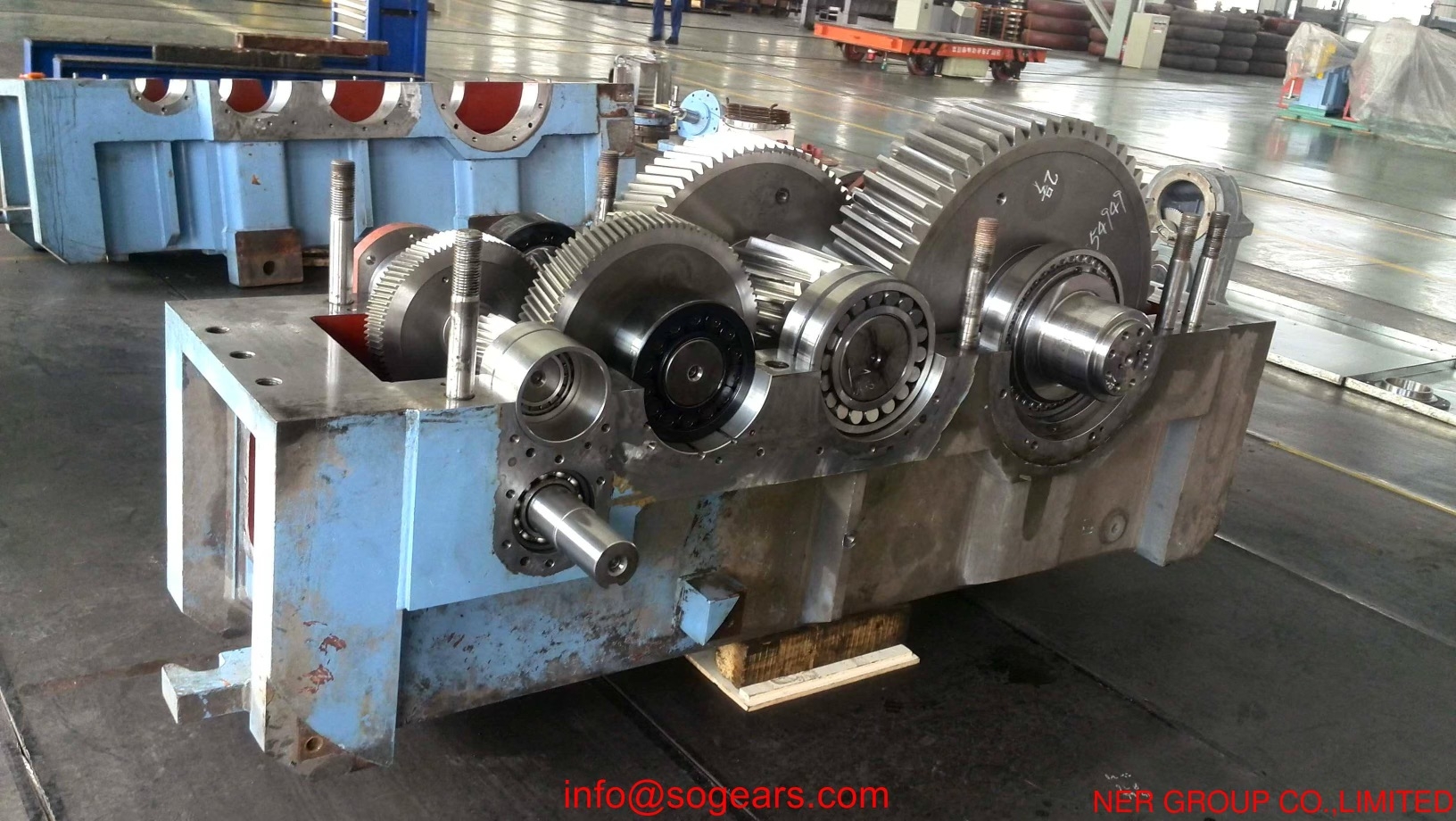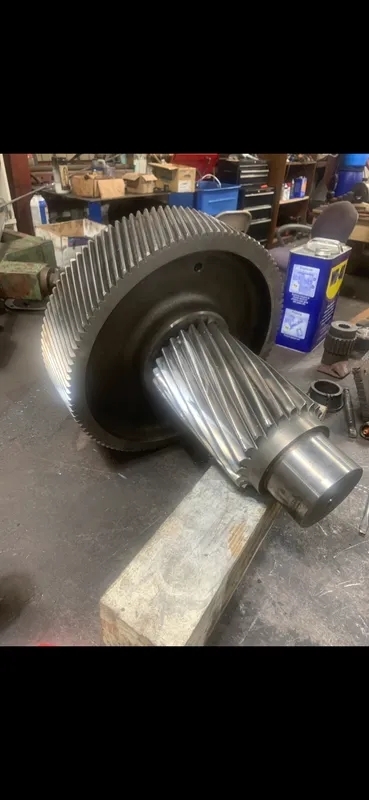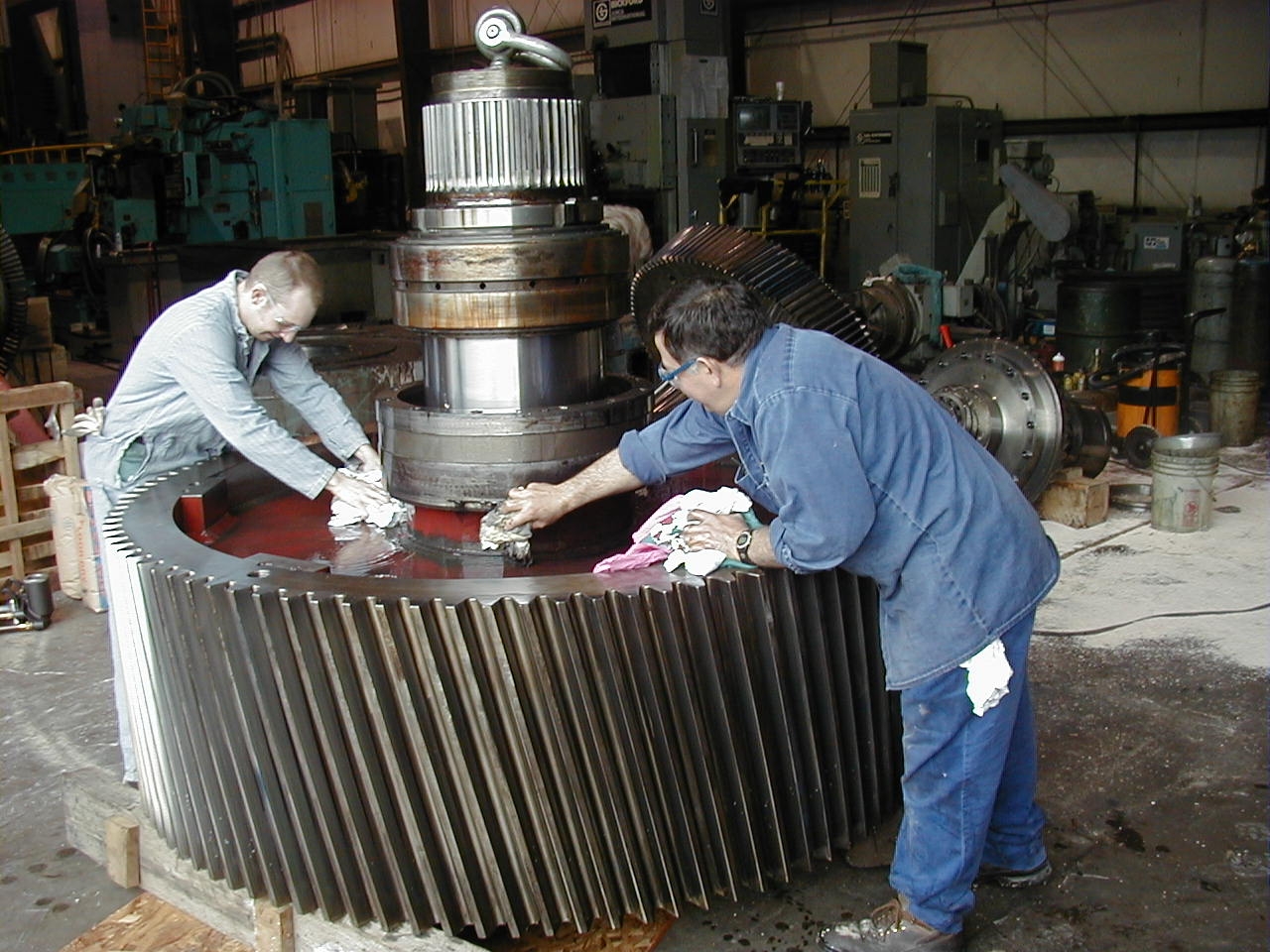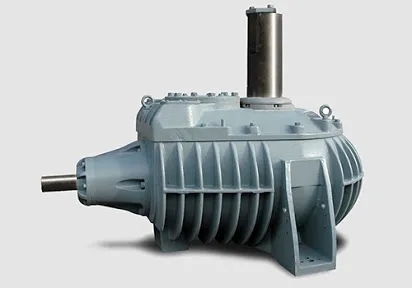

Industrial oven conveyor chain lubrication should be performed regularly to ensure optimal performance. It is recommended to lubricate the chains at least once a month, or more frequently depending on the usage and operating conditions of the oven. Regular lubrication helps prevent friction, wear, and corrosion, ultimately extending the lifespan of the conveyor chains and maintaining smooth operation.
When it comes to lubricating industrial oven conveyor chains, it is crucial to use a high-quality lubricant that is specifically designed for chain applications. A recommended type of lubricant is a synthetic chain oil or grease that can withstand high temperatures and provide excellent lubrication properties. Using the right lubricant helps reduce friction, prevent metal-to-metal contact, and protect the chains from premature wear and tear.
Tompkins County poised for manufacturing boom with Menlo Micro and Micron investments “Menlo Micro announced a significant investment of over $50 million to establish a fabrication facility in Lansing, near Ithaca, New York, signaling a major boost for the local manufacturing workforce.” Read more Plug Power wins $75 million grant from DOE “The Latham hydrogen … NYS Manufacturing and Tech News 3.11.24 Read More »
Posted by on 2024-03-15
We continue our blog series on the great work of our New York State assets in Advanced Materials across the state. This week, we feature the work of Rensselaer Polytechnic Institute (RPI) in Troy, NY, and their work on next generation building technology with an aim to decarbonize the built environment. This includes working with … Advanced Materials Strengths and Assets in NYS: Focus on Rensselaer Polytechnic Institute Read More »
Posted by on 2024-02-28
Embark on an enlightening exploration of New York’s economic transformation with special guest Alyson Slack from MRB Group, as we uncover the past and present of the state’s manufacturing sector. Together with FuzeHub’s Steve Melito we chart the course from a robust production history to a burgeoning service-oriented economy, all while acknowledging manufacturing’s lasting contributions … Podcast: Building Better Economies Read More »
Posted by on 2024-03-18
New $25M beauty manufacturing and innovation hub for Black- and women-owned businesses coming to Brooklyn Navy Yard “The Brooklyn Navy Yard is set to be home to a new $25 million state-of-the-art manufacturing, incubator, and accelerator facility focused on helping Black- and women-owned health and beauty businesses launch and grow in New York City.” Read … NYS Manufacturing and Tech News 3.4.24 Read More »
Posted by on 2024-03-08
In our third feature in our New York State Assets blog series on Advanced Materials, we focus on the groundbreaking work at the University at Buffalo. Their Department of Materials Design and Innovation focuses on accelerating lab discoveries into practical engineering applications. They are pioneering new approaches in material science education and research, leveraging technologies … Advanced Materials Strengths and Assets in NYS: Focus on University at Buffalo Read More »
Posted by on 2024-03-06
Various environmental factors can impact the effectiveness of conveyor chain lubrication in industrial ovens. Factors such as high temperatures, humidity, dust, and contaminants can degrade the lubricant and reduce its lubricating properties. It is important to consider these factors when selecting a lubricant and establish a maintenance schedule to ensure proper lubrication under challenging environmental conditions.

Neglecting to regularly lubricate industrial oven conveyor chains can lead to a range of consequences. Without proper lubrication, the chains can experience increased friction, wear, and corrosion, which can result in premature failure and costly repairs. Inadequate lubrication can also cause the chains to operate less efficiently, leading to production downtime and decreased overall productivity.
To ensure even distribution of lubricant on industrial oven conveyor chains, a recommended method is to apply the lubricant directly to the chain links while the conveyor is in motion. This allows the lubricant to penetrate the chain components effectively and reach all areas that require lubrication. It is important to follow the manufacturer's guidelines for lubricant application and avoid over-lubricating, which can attract dirt and debris.

When performing maintenance on industrial oven conveyor chains for lubrication purposes, certain safety precautions should be taken to prevent accidents and injuries. It is essential to shut off the power to the conveyor system before applying lubricant to avoid any moving parts. Additionally, wearing appropriate personal protective equipment, such as gloves and safety glasses, can help protect against potential hazards during maintenance tasks.
Visual inspection and performance indicators can help determine if industrial oven conveyor chains are in need of lubrication. Signs that the chains require lubrication include excessive noise, increased chain wear, uneven movement, or visible signs of corrosion. Regularly monitoring the condition of the chains and conducting routine inspections can help identify any issues early on and prevent costly repairs or replacements in the future.

Gear cutting equipment with specialized configurations can be repaired by skilled technicians who have expertise in working with precision machinery, such as hobbing machines, gear shapers, and gear grinders. These technicians are trained to diagnose and troubleshoot issues related to gear cutting, including gear tooth profile errors, pitch errors, and surface finish problems. They are also familiar with the various types of gear cutting processes, such as hobbing, shaping, milling, and grinding, and can make adjustments to ensure that the equipment is operating at optimal performance. Additionally, these technicians have knowledge of gear materials, heat treatment processes, and lubrication requirements to ensure that the repaired equipment meets the necessary specifications for the intended application.
Diagnosing issues with industrial shredding machines involves a thorough inspection of various components such as blades, motors, belts, and sensors. Technicians may use diagnostic tools like multimeters, thermal imaging cameras, and vibration analyzers to pinpoint the source of the problem. Common issues that may arise include dull or damaged blades, overheating motors, loose belts, and malfunctioning sensors. By conducting regular maintenance checks and monitoring performance metrics, technicians can identify potential issues before they escalate into major problems. Additionally, analyzing data from the shredding process, such as throughput rates and energy consumption, can provide valuable insights into the machine's overall health and efficiency. Troubleshooting techniques may include adjusting blade settings, replacing worn parts, recalibrating sensors, and lubricating moving components. Ultimately, a systematic approach to diagnosing and addressing issues with industrial shredding machines is essential to ensure optimal performance and prevent costly downtime.
When it comes to handling repairs for industrial robotics used in cleanroom environments, it is crucial to follow strict protocols to maintain the integrity of the controlled environment. Technicians must be trained in cleanroom procedures and wear appropriate protective gear to prevent contamination. Repairs should be conducted using specialized tools and equipment designed for cleanroom use to avoid introducing particles or contaminants. Regular maintenance and calibration of the robotics equipment are essential to ensure optimal performance and prevent breakdowns. Additionally, documentation of all repairs and maintenance activities should be kept to track the history of the equipment and identify any recurring issues. Overall, a systematic approach to repairs in cleanroom environments is necessary to uphold the standards of cleanliness and efficiency required in such controlled settings.
Yes, our company offers specialized repairs for a wide range of industrial water treatment systems, including reverse osmosis systems, ultraviolet disinfection systems, ion exchange systems, and chemical dosing systems. Our team of experienced technicians is trained to handle complex repairs and maintenance tasks, ensuring that your water treatment system operates at peak efficiency. We use advanced diagnostic tools and techniques to identify and address issues quickly and effectively, minimizing downtime and maximizing system performance. Whether you need repairs for a specific component or a comprehensive system overhaul, our experts have the knowledge and skills to get the job done right. Contact us today to learn more about our industrial water treatment system repair services.